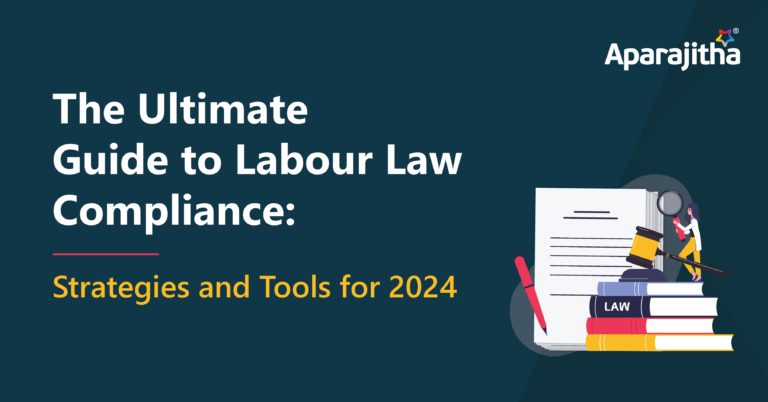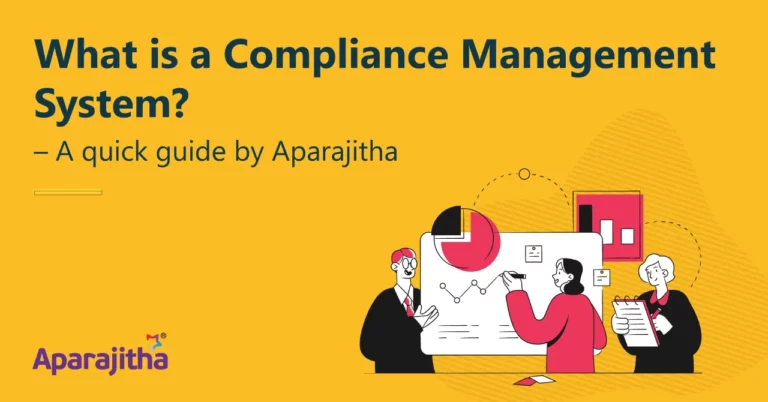The Karnataka High Court, through its order dated 25/04/2024, dealt with the issue of whether introduction of para 83 of EPF Scheme and para 43A of EP Scheme is unconstitutional hit by Article 14 of Constitution of India. The High Court declared the special provisions for International Workers as ‘Arbitrary and Unconstitutional’. The single judge bench of Justice K.S. Hemalekha, while dealing with a bunch of writ petitions questioning the validity of para 83 of the Employees Provident Fund Scheme (EPF Scheme), 1952 and para 43A of the Employees Pension Scheme (EPS), 1995, has held that the Central Government introducing para 83 of EPF Scheme and para 43A of EP Scheme is violative of Article 14 and the classification made is unreasonable and would defeat the very intent of the Employees Provident Fund and Miscellaneous Provisions Act, 1952(EPF Act).
The Special Provisions in respect of International Workers were introduced by the Central Government under the provisions of the EPF Act, through G.S.R 706 dated October 1, 2008 and subsequently amended later through G.S.R 148 & 149 dated September 3, 2010.
Contentions of the Petitioners
The Petitioners contended that under para 83 of the EPF Scheme, “International workers” are covered irrespective of the amount of salary drawn by them. Whereas employees other than the international workers, who draw salary exceeding Rs.15,000/- per month do not fall within the purview of the scheme. It was further contended by the Petitioners that the purpose of the EPF Act is to ensure compulsory institution of contributory funds for weaker sections of the workers, at no point in time the act was intended to cover high ranking officials. Through the impugned provisions, foreign nationals who are holding high rank positions and drawing several lakhs of salary per month are brought under the coverage of the scheme, this is not only arbitrary, but also unconstitutional and against the very purpose and intendment of the EPF act
Contentions of the Respondents:
The Respondents have contended that para 83 was inserted into the EPF Scheme and para 43A was introduced under the EPS in furtherance of the bilateral Social Security Agreement(SSA) entered into between India and 8 other countries. Therefore the intention of the Parliament for amending the scheme is, to ensure that no Indian worker deputed to work outside the country are deprived of their social security benefits.
The Respondent contends that international workers are a special class of workers and in order to fulfill its international obligations towards the countries which India has entered into SSA with, So the Government of India introduced para 83 and 43A of the EPF and EPS scheme for international workers, these provisions are distinct from the provisions that deal with other employees covered under the EPF Act. This classification that was introduced, is based on Intelleligible Differentia which has rationale relations to the object sough to be achieved. Thus the question of Consititutional validity of the Act based on Article 14 of the Constitution is unsustainable.
Findings of the Court:
In this case, the court had to determine whether introduction of para 83 of EPF Scheme and para 43A of EP Scheme is unconstitutional hit by Article 14 of Constitution of India. With regards to Article 14, the court elucidated that Article 14 of the Indian Constitution guarantees the right to equality, which encompasses the general principles of equality before the law and prohibits unreasonable discrimination between the two persons. While Article 14 prohibits class legislation, it does not prohibit reasonable classifications within a legislation. In order to pass the test of reasonable classification, such classification should be based on intelligible differentia and that the differentia must have a rational relation to the object sought to be achieved by the statute.
It is nowhere mentioned in the object of the EPF Act that it will cover employees irrespective of the salaries that are drawn by them. In fact when the Act was first enacted, only those employees who drew a salary of Rs.3,500/- and less were to be covered. Later on, it was raised to Rs.6,500/- per month and then to Rs.15,000/- per month indicating that the EPF & MP Act was enacted with a view to see that those in lower salary brackets get retirement benefits and by no stretch of imagination, could it be said that the employees who draw lakhs of rupees per month should be given the benefit under the enactment.
The court held that para 83 and 43 A of the EPF and EPS scheme are in the nature of a subordinate legislation therefore they cannot travel beyond the scope of the parent act. Thus, when a ceiling amount of Rs.15,000/- per month has been placed as a threshold for an employee to be a member to the scheme, para 83 of the EPF Scheme ought not to have an unlimited threshold for international workers while denying the same benefit to Indian workers.
The Court pointed out that an international worker from a non-SSA country is not allowed to withdraw accumulation until he reaches the age of 58 years, but after reaching 58 yrs of age it can be withdrawn. Therefore, para 83 eventually applies to international workers from countries with which the Government of India does not have SSA, and therefore, the claim of reciprocity does not arise and thus the claim of the Government that the obligation of reciprocity has made the Government of India to enact para 83 is unsustainable.
In light of these considerations, the court held that the central government introducing para 83 of EPF Scheme and para 43A of EPS Scheme is violative of Article 14 and the classification made is unreasonable and would defeat the very intent of the Act. Thereby, the single bench of the Karnataka High Court struck down these provisions as unconstitutional and arbitrary.







